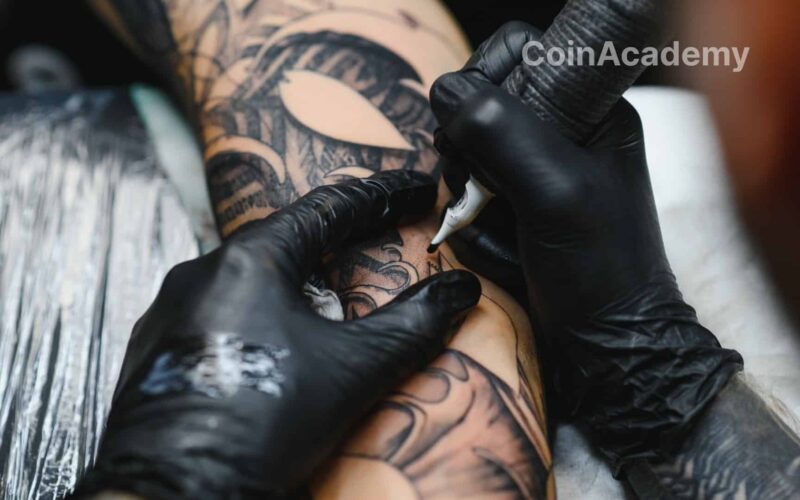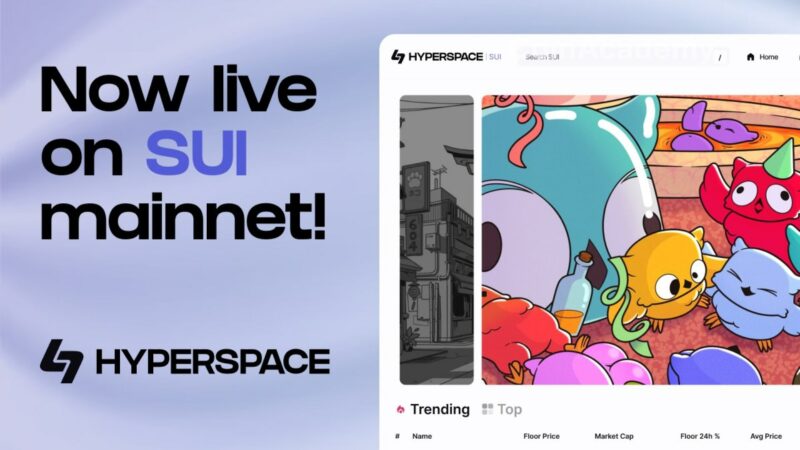When Digital Art Meets Traditional Tattooing
An Austin-based company, Blackdot, has launched a cutting-edge device capable of inking tattoos that are simultaneously stored on the blockchain. Not only does this revolutionize how we perceive tattoos, but it also functions as a Non-Fungible Token (NFT), enabling artists to earn royalties for their creations.
When Digital Art Meets Traditional Tattooing
One of the early advocates for this innovative project is renowned digital artist Tyler Hobbs. With his Fidenza collection fetching millions at auctions, Hobbs’ involvement underscores the project’s potential. In awe of the precision of the Blackdot device, Hobbs expressed his amazement, highlighting the seamless fusion of digital technology with traditional art. By merging the digital and tangible, Hobbs emphasized the unique opportunity that Blackdot represents in intertwining human, machine, and art.
Precision Ink: A Game-Changer for Artists
The mechanism of Blackdot goes beyond mere blockchain functionality. Before tattooing, the machine uses a set of hidden test dots, each the diameter of a hair, to determine the right depth for different skin types. Yan Azdoud, CTO of Blackdot, emphasized the machine’s high fidelity and precision. He mentioned its ability to integrate grayscale dots with surgical accuracy, making it possible to create drawings that are impossible to replicate manually.
This feat is making its debut in Austin, Texas, with plans for both national and international expansion. Having already raised $4.5 million in 2021, the company’s aspirations are clear. Joel Pennington, CEO of Blackdot, is confident that this avant-garde invention has the potential to redefine cultural norms and alter perceptions regarding art, tattoos, and individual expression.




